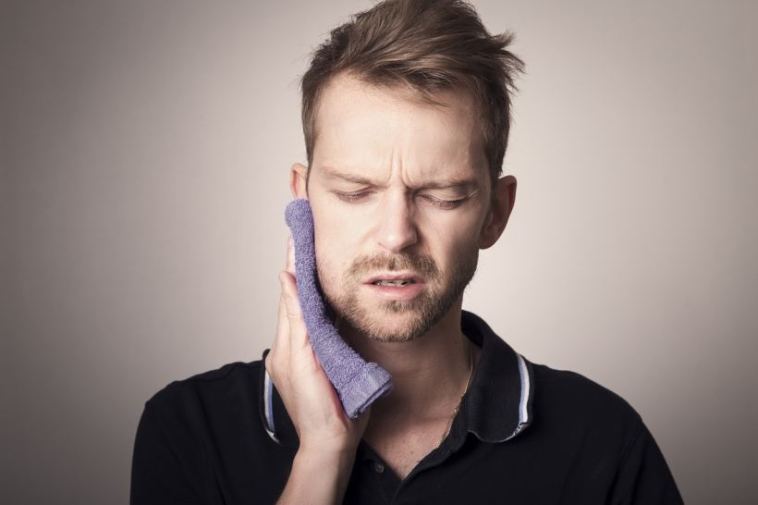- Like
- SHARE
- Digg
- Del
- Tumblr
- VKontakte
- Flattr
- Buffer
- Love This
- Save
- Odnoklassniki
- Meneame
- Blogger
- Amazon
- Yahoo Mail
- Gmail
- AOL
- Newsvine
- HackerNews
- Evernote
- MySpace
- Mail.ru
- Viadeo
- Line
- Comments
- Yummly
- SMS
- Viber
- Telegram
- JOIN
- Skype
- Facebook Messenger
- Kakao
- LiveJournal
- Yammer
- Edgar
- Fintel
- Mix
- Instapaper
- Copy Link
Introduction
If you’re not careful, the dental work you’ve just received can lead to complications. According to a leading source or medical information, MSD Manuals, complications after a dental procedure can cause excessive bleeding, osteonecrosis of the jaw, osteomyelitis, dry socket or alveolitis, prolonged swelling, extreme pain, and infection.
To prevent any of these from happening, you must observe the proper aftercare practices, which this article will discuss in detail.
Aftercare Tips for Common Dental Procedures
Here are the most common dental procedures and how you should take care of your dental health after getting them.
Oral Surgery
Oral surgeries vary depending on how invasive it was done on you. For example, oral surgeons extract a couple of wisdom teeth through surgery.
No matter how invasive an oral surgery was, though, your dental health needs to recover. This means that when you get home after the surgery, you should rest in bed with your head comfortably propped up. This is to promote blood circulation to your head. When there is sufficient blood flow in your head, swelling of your mouth and face and bleeding in the surgical area can be reduced.
Avoid any activity at all costs. If you push yourself, you can cause the treated area to bleed more than usual. It would be best if you weren’t lifting heavy objects or participating in strenuous activities.
To reduce swelling, apply ice to your face throughout the day. Better yet, use a pack of frozen peas instead. It can follow the contour of your face, allowing for better application of cold therapy. Apply it for 25 minutes, and then take it off for five minutes. Repeat this process until the swelling is gone.
You can only eat after bleeding stops in the surgical area. Make sure that you’ll only eat soft, cold food for the next day or two when your mouth is still numb. Mashed potatoes, yogurts, soups, and soft ice cream are a good start. You can normally eat after this period, but avoid hard, crunchy food for six to eight weeks.
While it’s good to keep your mouth clean at this time, avoid brushing or flossing your teeth until your dentist gives you the go signal. Simply rinse your mouth with warm water with salt after every meal to get rid of debris in your mouth.
Cosmetic Dental Reconstruction
A cosmetic dental reconstruction is not as heavy as oral surgery. However, it would be best if you still took precautions to prevent any damage to your new teeth.
It’ll be common to experience awkwardness with your bite for the new few days. This will affect how you speak at first. It will also cause your mouth to produce more saliva as your brain adjusts to your teeth’s new shape and size. Expect increased salivation for about a week. All of this is normal, but if they become uncomfortable, tell your dentist immediately so that adjustments can be done quickly.
It’s also normal to experience sensitivity to hot and cold food and drinks, but they are generally safe. Your gums can become sore, too. Apply cold therapy until the swelling subsides. If pain is present, ask your dentist for medication.
And because you’ve got new teeth, you need to protect them. Clean them regularly, avoid hard food and chewing on rigid objects, and wear a mouthguard when you’re playing sports or grinding your teeth at night.
Root Canal Treatment
You will initially experience discomfort after treatment which can last from two to four days. However, it is most important to remember that you should avoid eating or drinking for 30 minutes after treatment. The temporary filling applied to your teeth must be given enough time to harden to protect your exposed gum tissue.
In some cases, a temporary crown is used instead of fillings. If this was applied to you, make sure that you’ll take extra care of your teeth to avoid damaging the temporary crown, which can crack easily. Wait until the final restoration has been applied to the treated area before eating any hard and chewy food.
You will also experience swelling in the treated area that may last for a few weeks. Apply cold compress regularly until the soreness is gone. If there is pain, however, the American Association of Endodontists recommends taking over-the-counter pain medications.
Conclusion
Now that you’ve made it through major dental work, you’re on your way to recovery. Whether you’ve had oral surgery or new dental implants, there are ways to help you avoid infection and lessen the pain.
Several indications can tell you when to contact your dentist. Difficulty breathing and swallowing, fever, and allergic reactions all require the attention of a doctor.
To avoid complications, remember to follow all your dentist’s aftercare instructions and the tips above.


